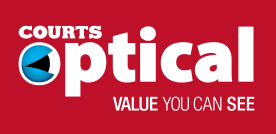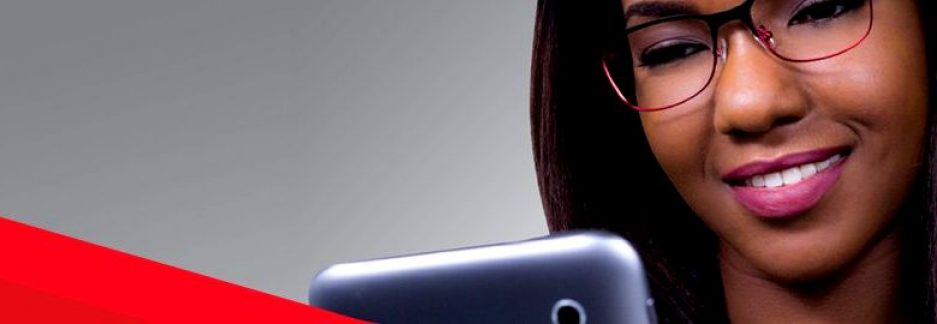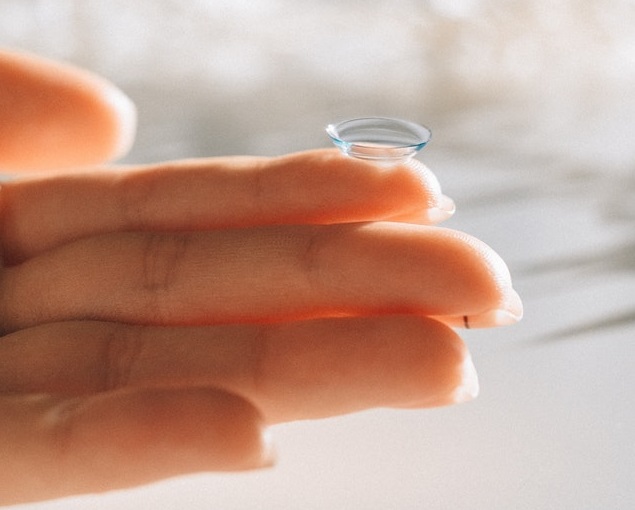A vision screening is a test that checks your vision acuity. A vision screening can help detect refractive errors of the eye such as myopia (nearsightedness) and hyperopia (farsightedness). It can help identify changes in the prescription of the corrective lenses of people who already have refractive eye errors. Regular vision screening is an important part of vision care routine.
Here are the top 5 FAQs related to vision screening:
Q1: Should children get vision screening done?

Vision screening is an important part of eye care for children. Assessing the visual health in children is necessary to find out if they need corrective lenses. This way any refractive error can get picked up early on and fixed before it gets worse. It is highly recommended for children to undergo vision screening as bad eyesight can affect their performance in school.
Q2: What is the difference between a vision screening and an eye examination?
A vision screening is the first step in the process of identifying a possible issue with vision. However, it is important to remember that a vision screening isn’t a substitute for an eye examination. An eye examination is more comprehensive and is used to detect signs of eye diseases and their underlying causes.

Q3: How often should I get my vision screened?
If you’re above 18 years of age, you could get this done every 5 years. If you’re above 40 years, you should get it done every 2-3 years. In Dominica, you can make an appointment for vision screening at Courts Optical eye care centre located close to you.
Q4: How do I know if I need vision screening?
If you are experiencing frequent headaches, blurry vision and sensitivity to light, all of these signs could indicate weak vision. If this is the case then visit your eye care professional for vision screening to check if you need prescription eyeglasses. Read more on five signs that indicate you need eyeglasses.

Q5: Do I need to prepare for my vision screening?
If you already have prescription for your eyes, make sure to carry them with you. Also, remember to tell your eye care specialist about all the vision difficulties you are facing and if your family has a history of any vision condition.
Visit Courts Optical for eyeglasses, contact lenses and sunglasses in Dominica. Modern lifestyle has made us dependent on various digital devices like laptops and smartphones due to which our eyes are constantly at a risk of vision deterioration. Therefore, making healthy eye care choices such as regular vision screening and eye examination is important for maintaining healthy eyes and vision.
Location: Dominica






